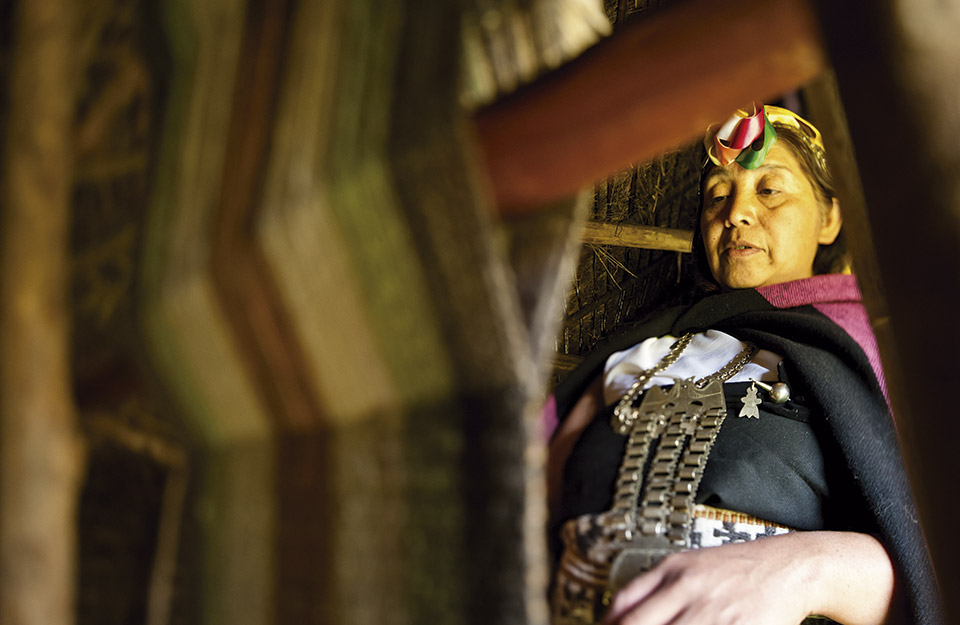
Carrying the cultural heritage of the people, the transmission of traditional languages, the value of existence in harmony with nature and, in many cases, the ability to be interlocutors between the spiritual and earthly worlds. These are just some of the key roles that women have historically played in the cosmovision of Chile's native cultures.
"Rather than having assigned roles, what existed was complementarity, something that is present in most indigenous worldviews," says Verónica Figueroa Huencho, a Mapuche academic at the University of Chile. "Unlike Western society, characterized by a certain hierarchy linked to gender, elements such as the transmission of language, culture and leadership were part of women's roles," she adds.
Examples like these can still be seen today, where cases like the Machi, the highest Mapuche spiritual authority, has the role of mediator between the natural and supernatural world, recognizing ailments and how to treat them, and being the moral guide of her community. We also see how in cultures such as the Tehuelche, women and men jointly integrated the hunting and gathering parties, exhibiting a pre-Columbian society much more egalitarian than the one exhibited by the western society at that time.

The role of leader is undoubtedly one that stands out among indigenous women. In the history of indigenous peoples, several examples can be found of women leaders who have demonstrated great aptitudes for negotiation and for guiding and directing social processes.
"The commemoration of this day has a very important origin, with a rebellion led by an indigenous warrior against abuse and injustice. This leadership role is still present in women, who we can see today leading movements against exclusion, discrimination, and the assignment of stereotypes and prejudices that often keep us away from the spaces of opinion and decision," says the academic Figueroa.
Despite the fact that in recent years indigenous cultures have begun to gain key spaces of participation in society, their reality and particularly the importance of indigenous women continue to be invisible. According to the 2015 Casen survey, indigenous women represent 51% of the country's indigenous population, which translates into more than one million women who acknowledge belonging to the ten indigenous peoples recognized by Chilean law.
At present, the role they play is important, not only in the political sphere through movements or organizations for social demands, but also in the preservation and dissemination of their culture, the recovery of agro-ecological practices and the perpetuation of their own identity associated with their ancestral values, all elements whose preservation is






